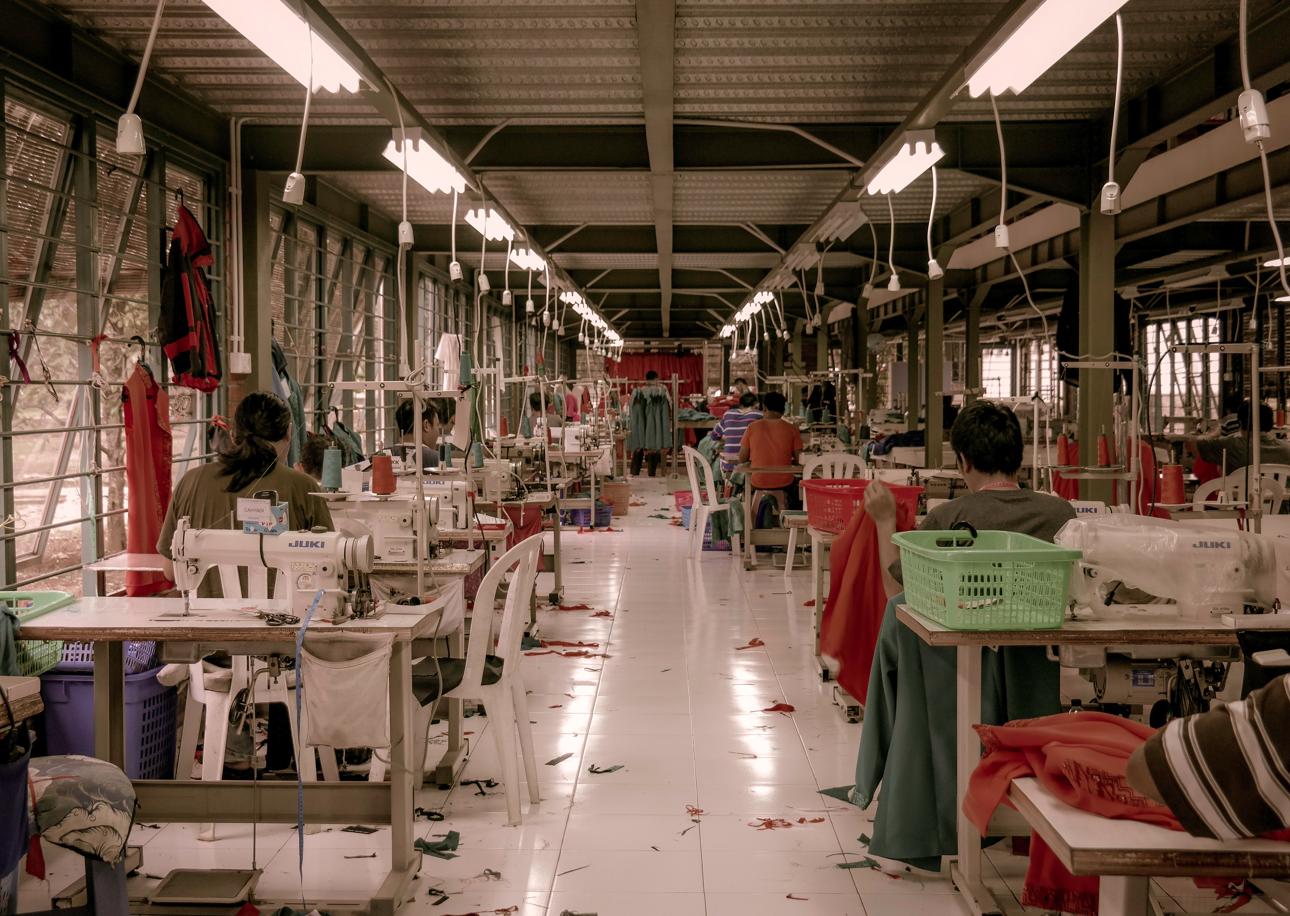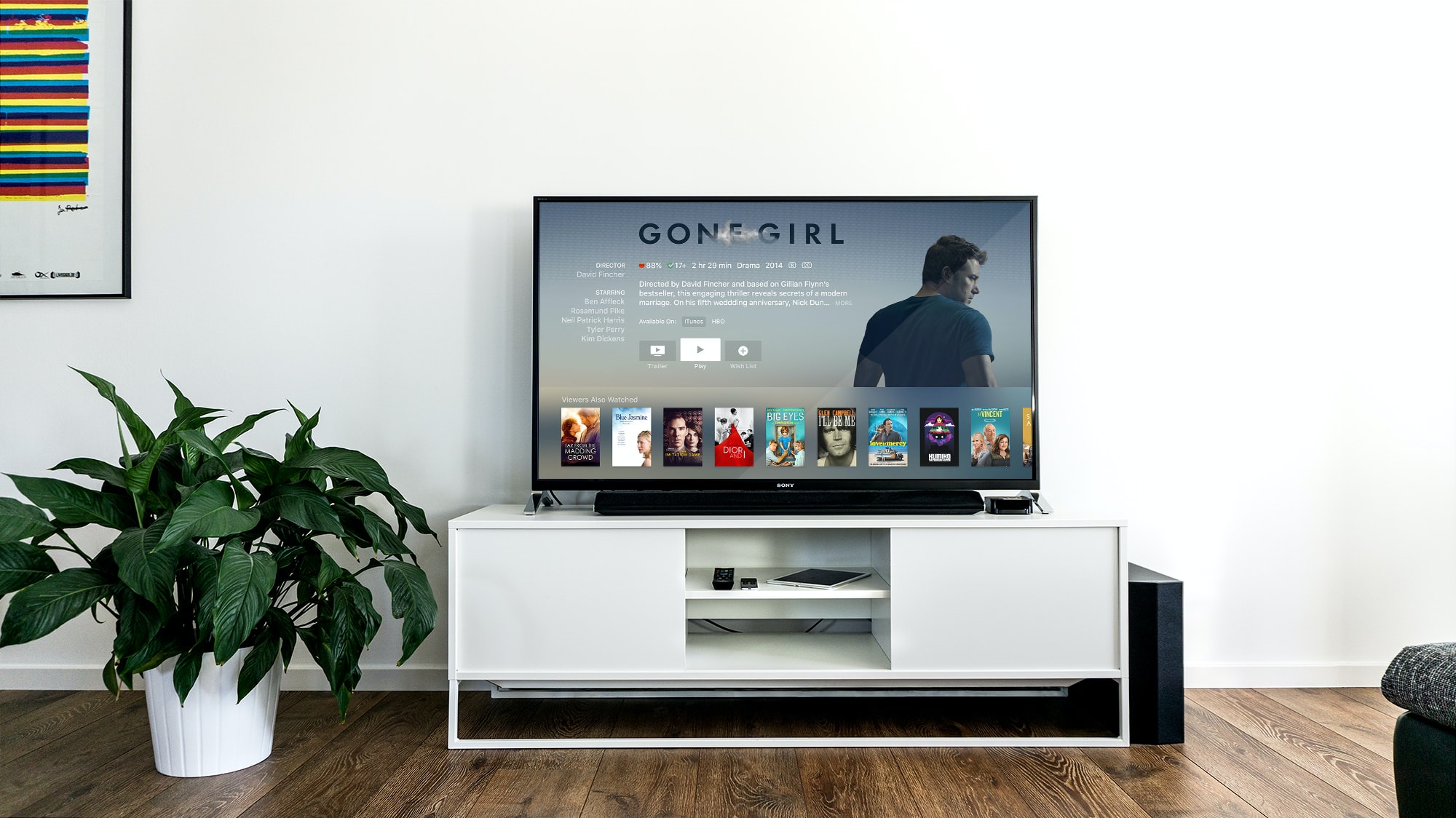The Red Envelope: Billkin and PP Krit’s Take on a Love Story Beyond the Grave
In a cinematic landscape saturated with remakes, reboots and sequels, you might ...

Thanks to fast fashion, same-day shipping, and deliberate obsolescence, we expect items to be delivered swiftly but do not expect them to last—adding the emerging throwaway culture. The solution to this problematic culture is to establish a circular economy. We must move beyond a single-use attitude, and all products—particularly plastics, metals, and textiles—should be developed with the intention of being recovered and recycled. Household names like L’Oréal, Mars, Marks & Spencer, and The Coca-Cola Company agree and are now working towards using 100% reusable, recyclable, or compostable packaging by 2025 or earlier.
The media and social media have been flooded with recommendations on how to reduce waste, what to recycle and where to recycle it, and how to repurpose your garbage. Single-use plastic has been banned by government regulation, and businesses appear to be making an attempt to minimize the quantity of disposable packaging and plastics they use and sell. Is this a huge step towards a more waste-conscious world, or is this all merely for show?
My mom used to wash and reuse plastic bags and food containers diligently when I was a kid. I recall being slightly embarrassed by this, but she had grown up in a time when everything had a value and throwing things away was considered unpatriotic. Fast-forward 25 years and I am a member of the throwaway culture. And not proudly, I might add. Although I wash out and reuse my plastic Tupperware and bags, this small gesture, is simply not enough to say that I am not a contributor to this global crisis.
When I sit down and think about it, I had to get rid of a six-year-old TV that was acting up. A simple “can’t you fix it?” question was met with a wry snort and a look of bemusement. Apparently, you don’t repair old televisions. You discard them and replace them with new ones. Now, every time I watch a Netflix episode on my new Samsung TV, I wonder how much longer it will be before this one dies and how the cycle will continue. What is now known as the throwaway culture encompasses more than just televisions. Cars, computers, mobile phones, and anything else you can think of seem to be designed to self-destruct or become obsolete in a short period of time. And that small period of time appears to be getting shorter.

I’m sure I’m not alone in thinking that our over-reliance on single-use items is both environmentally and morally unsustainable, but more has to be done to shift our attitudes toward this culture. The circular economy approach taken by the EU is a step in the right direction. Materials should be intended to be reused multiple times, allowing us to get the most value out of an object before it is recycled into a new one. The technology is currently in place, but we need the right incentives and business models to get things moving. We can all help to reduce the consumption of single-use products, but a national plan will require vision and leadership from the government. New approaches to resource efficiency could provide exciting opportunities for our economies. Now is the time for ministers to grab this chance and put an end to the throwaway culture once and for all.
In a cinematic landscape saturated with remakes, reboots and sequels, you might ...
These top 5 barber shops in Bangkok are where gentlemen can elevate ...
While traditional TV shows are serving us endless boy-meets-girl tales. Thailand has ...
Must-have gadgets for kids in the Y2K are, predictably, making a comeback ...
Stay ahead of the curve with these three must-visit new restaurants in ...
See how Kim Steppé’s early passions, family values and entrepreneurial spirit continue ...
Wee use cookies to deliver your best experience on our website. By using our website, you consent to our cookies in accordance with our cookies policy and privacy policy